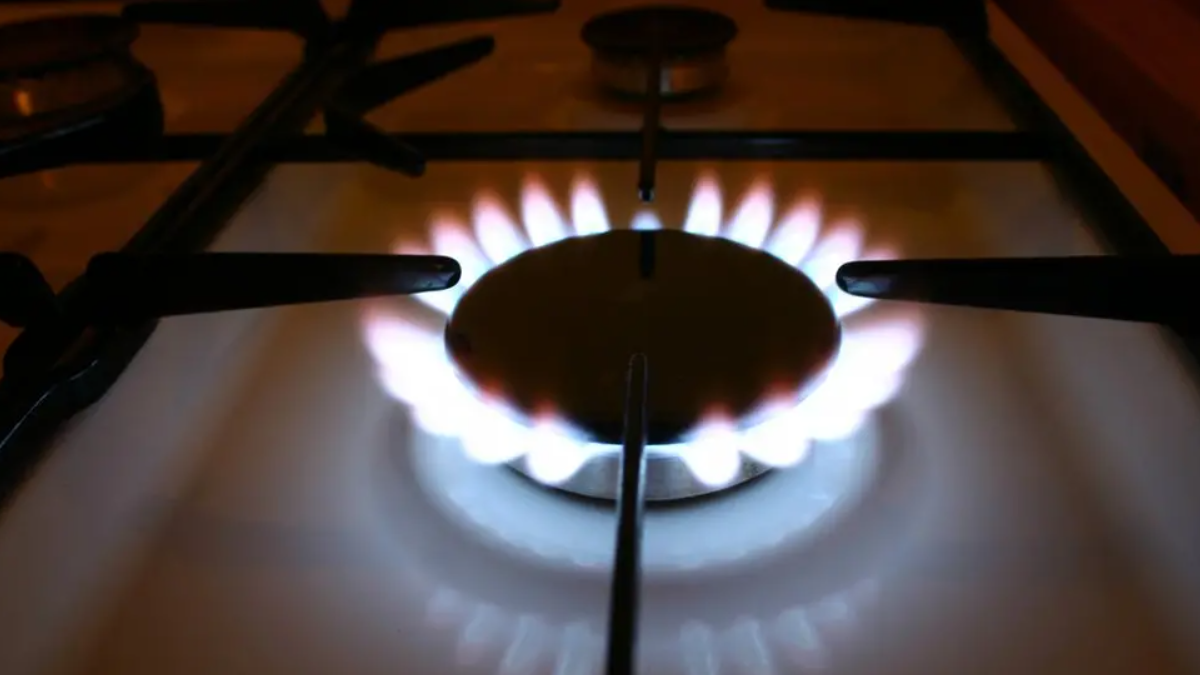Greenhouse gases cut by almost half since 1990

Emissions from the residential sector accounted for 14% of the 2023 total
- Published
Jersey's greenhouse gas emissions fell by 48% between 1990 and 2023, according to a new report.
Data from the States, external said the island produced 357,626 tonnes of greenhouse gases in 2023, compared with nearly 700,000 in 1990.
The States said emissions had dropped due to a reduction in gases produced by the energy supplies themselves, but that overall levels were stagnant between 2022 and 2023.
The government's Carbon Neutral Roadmap aims to make Jersey net zero by 2050 in line with the Paris Agreement, and was marked by a public commitment to spend £23m on measures between 2022 and 2025.
According to the report the biggest causes of the island's total emissions were transport (43%) and heating buildings (33%).
However it stated that emissions in the transport sector decreased by 23% since 1990.
Emissions from the residential sector also accounted for 14% of the 2023 total and had dropped by 55% since 1990.
The report said "almost all" emissions were from the burning of fuels in homes, mainly for heating and cooking.
It added: "Switching from fossil fuel powered heating systems to low carbon alternatives has a significant impact on emissions."
Follow BBC Jersey on X, external and Facebook, external. Send your story ideas to channel.islands@bbc.co.uk, external.
Related topics
- Published18 July 2023

- Published13 March 2022
